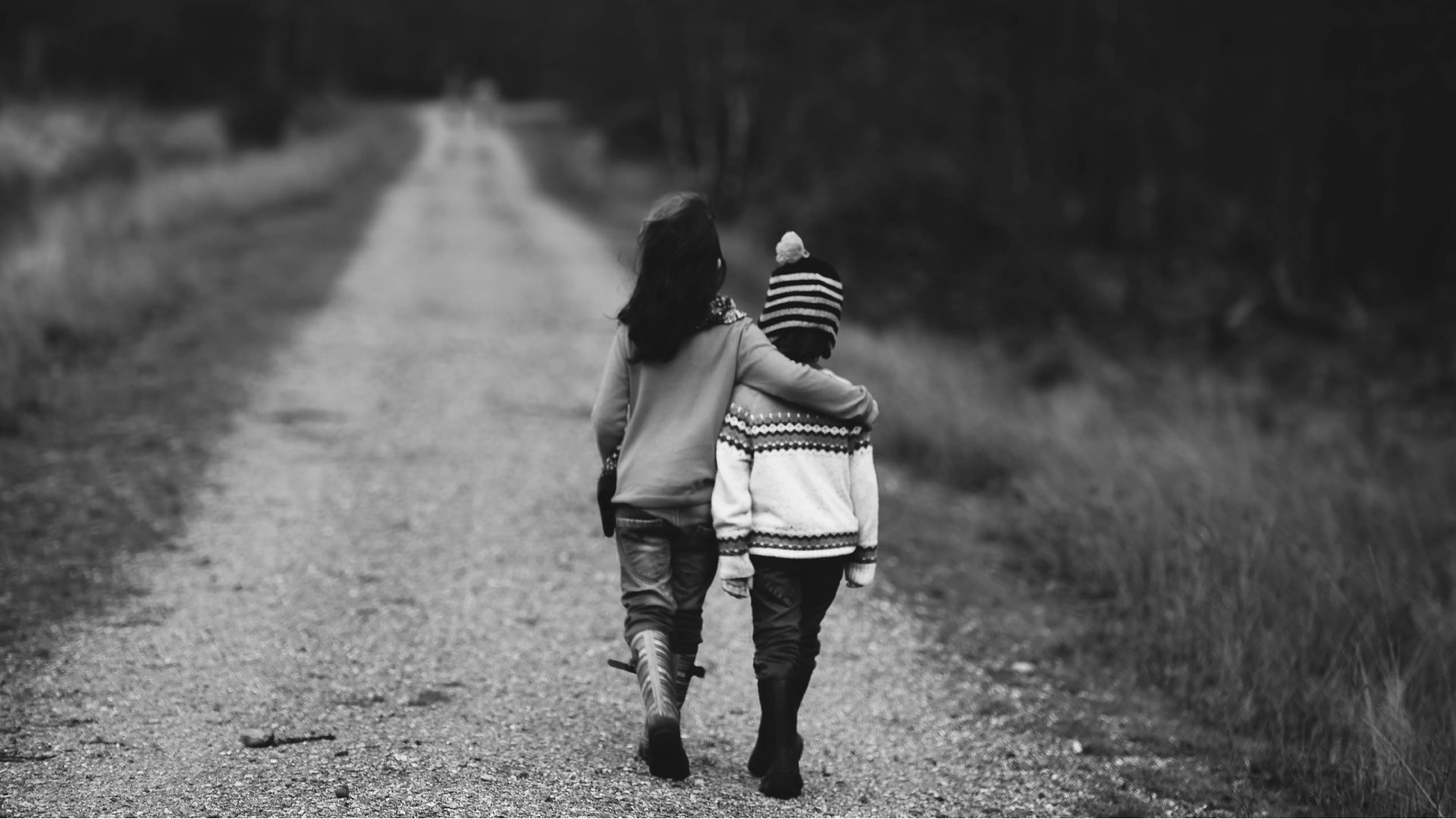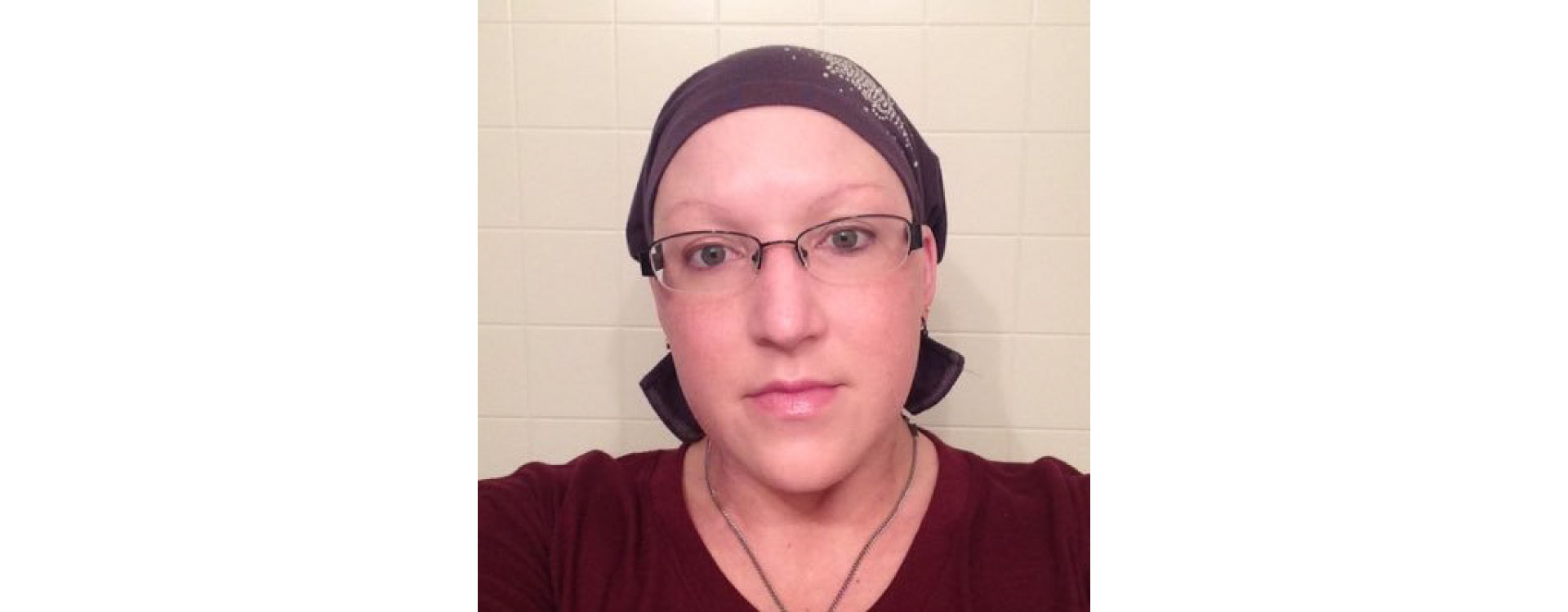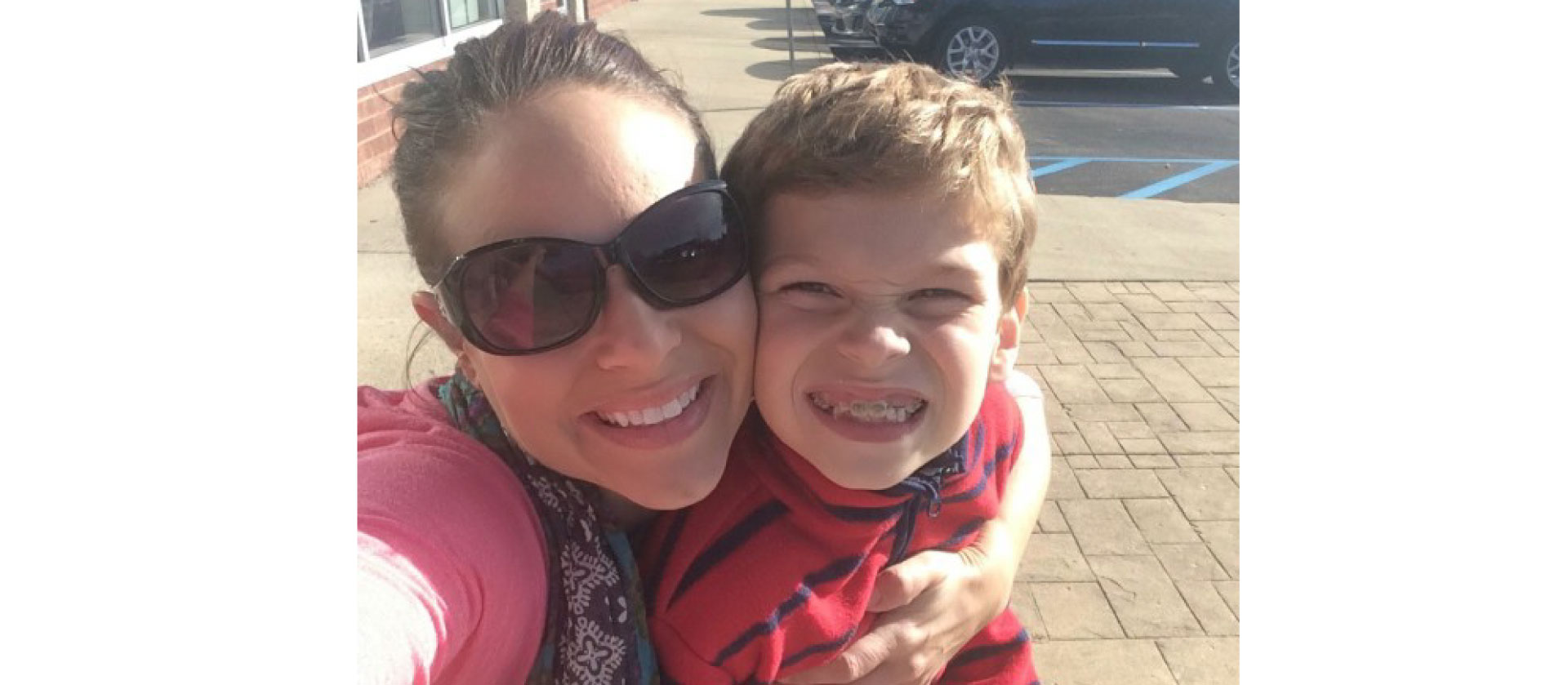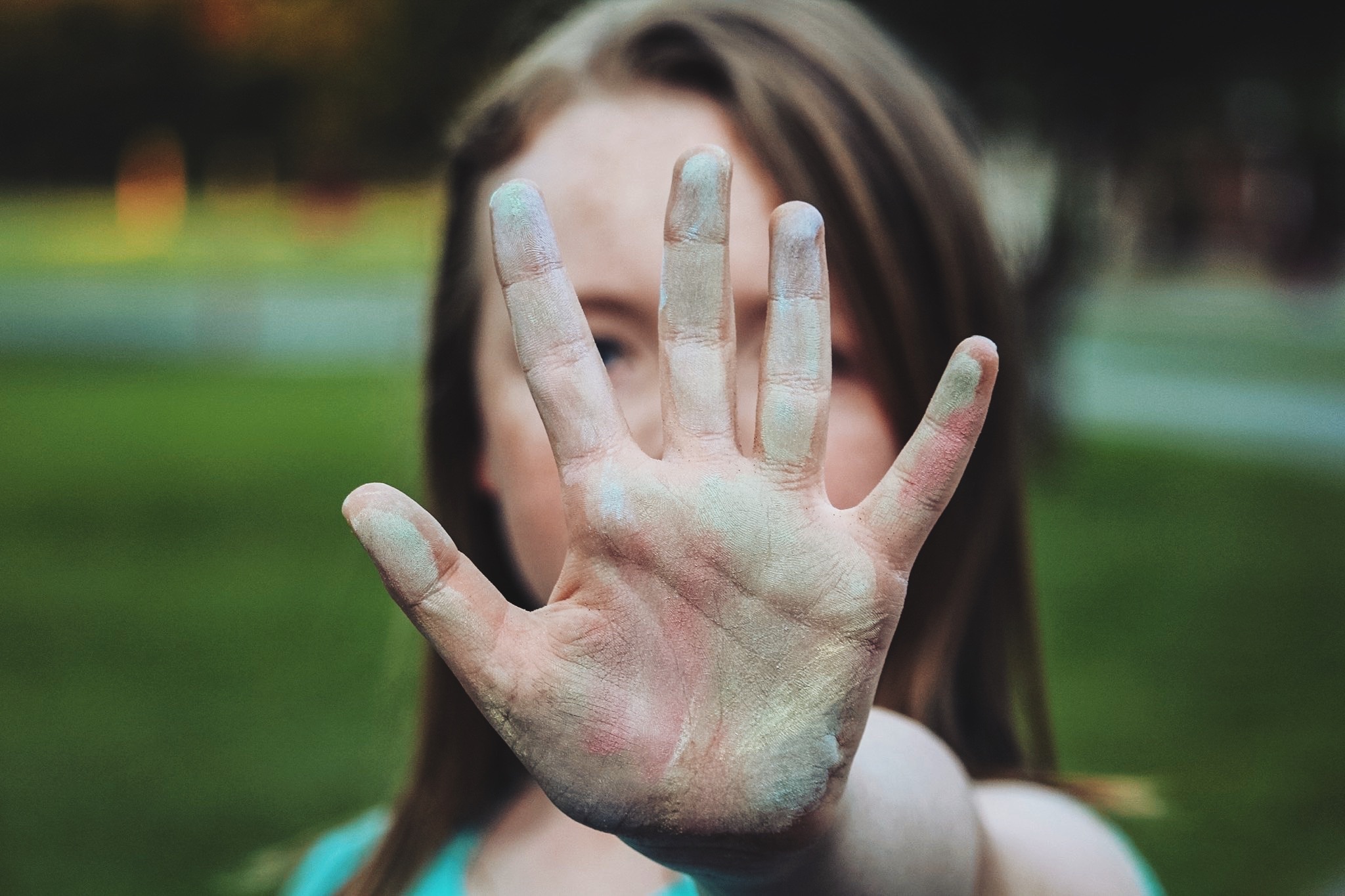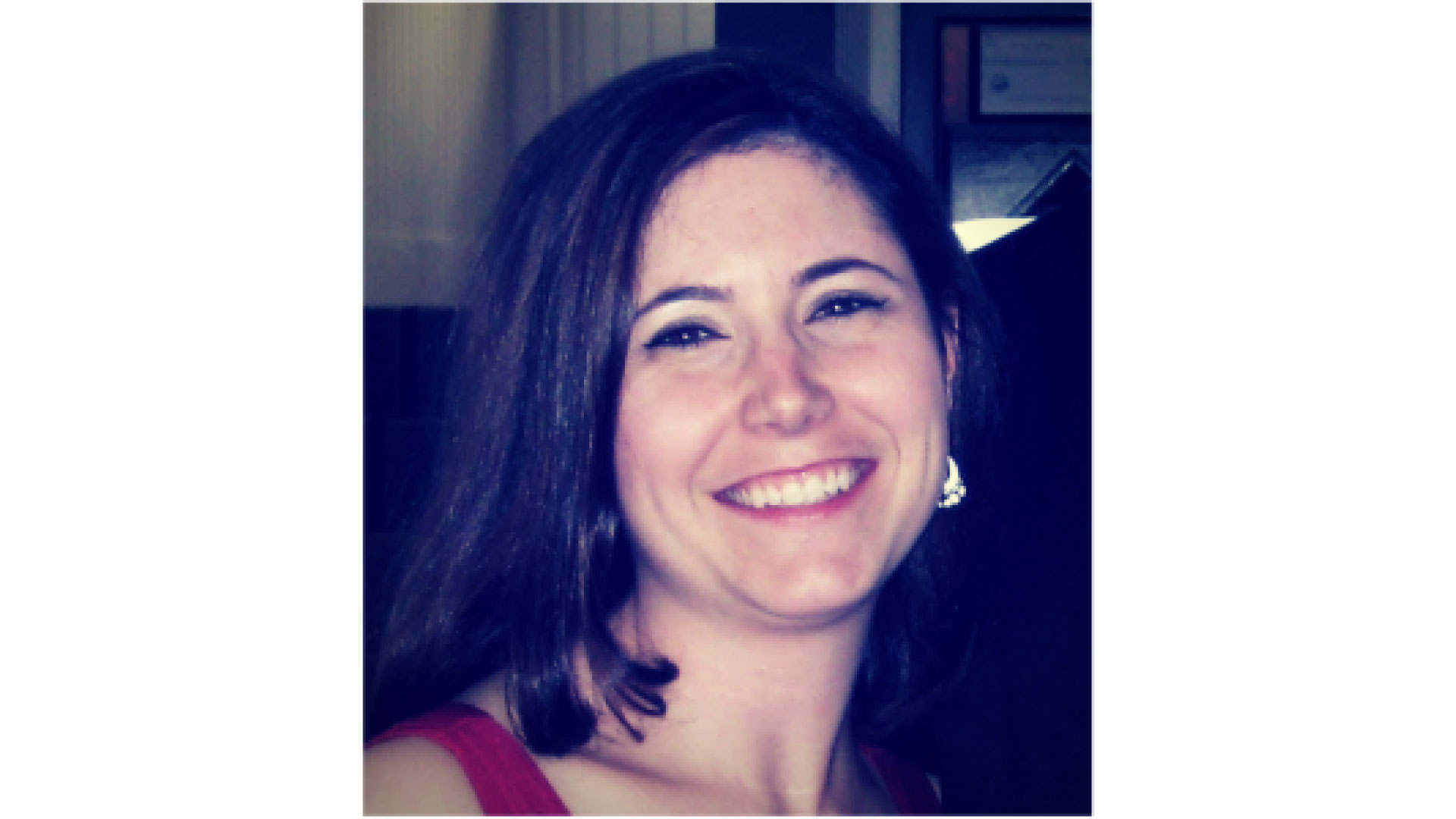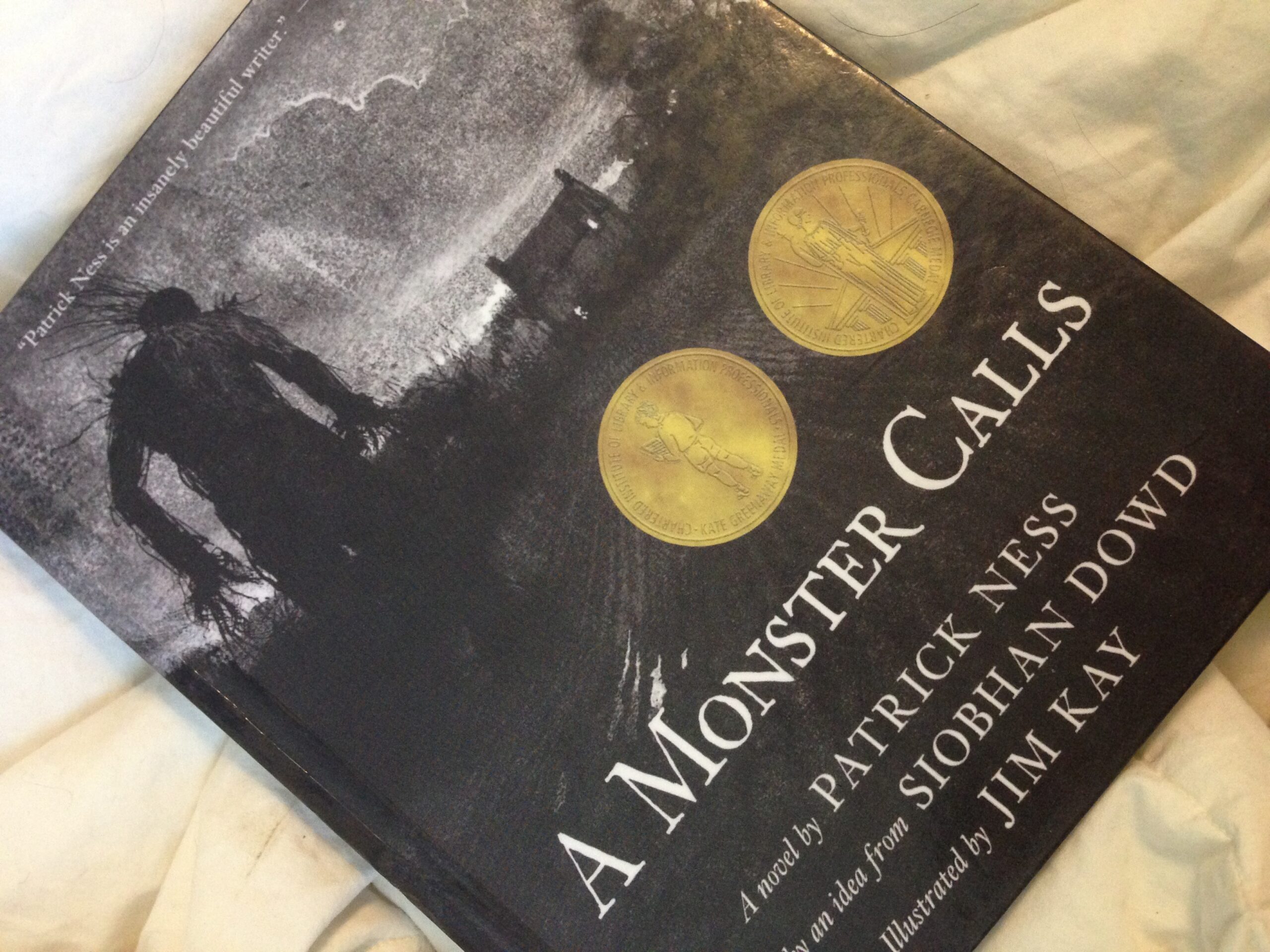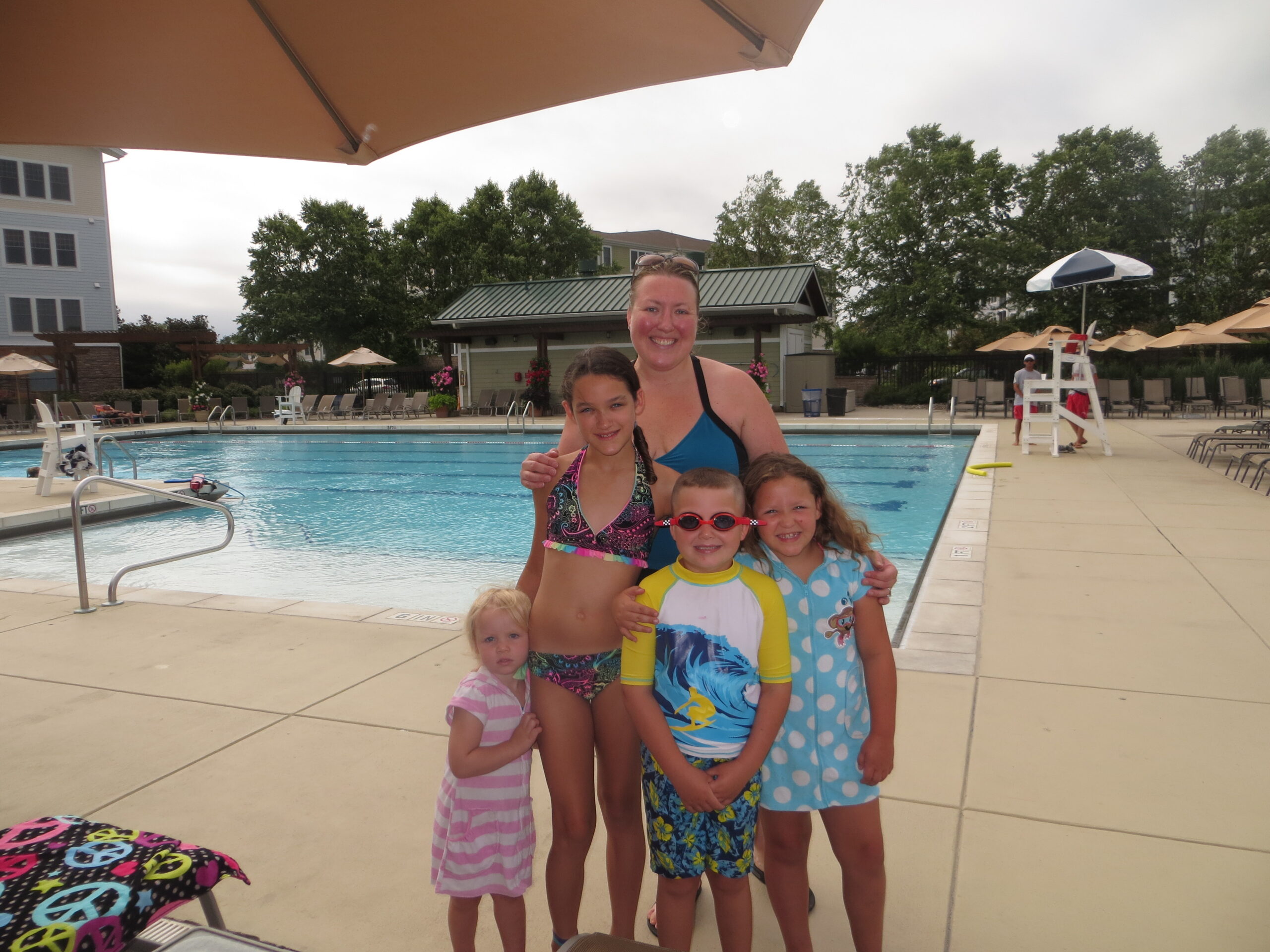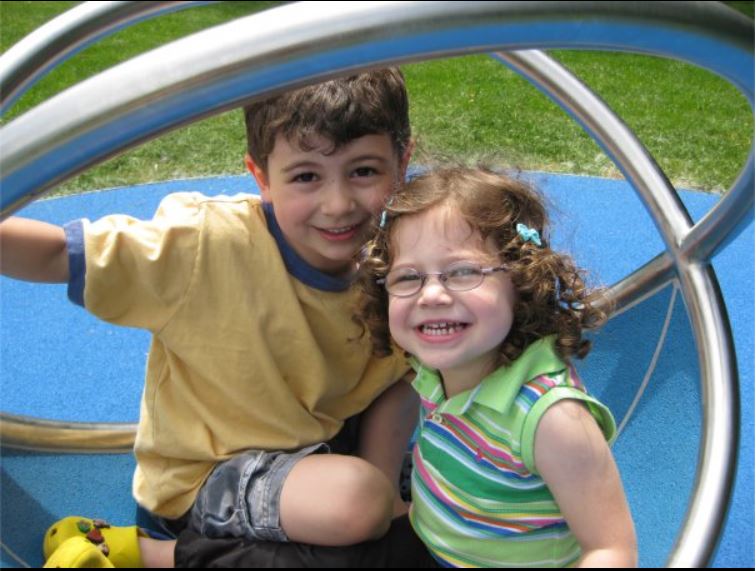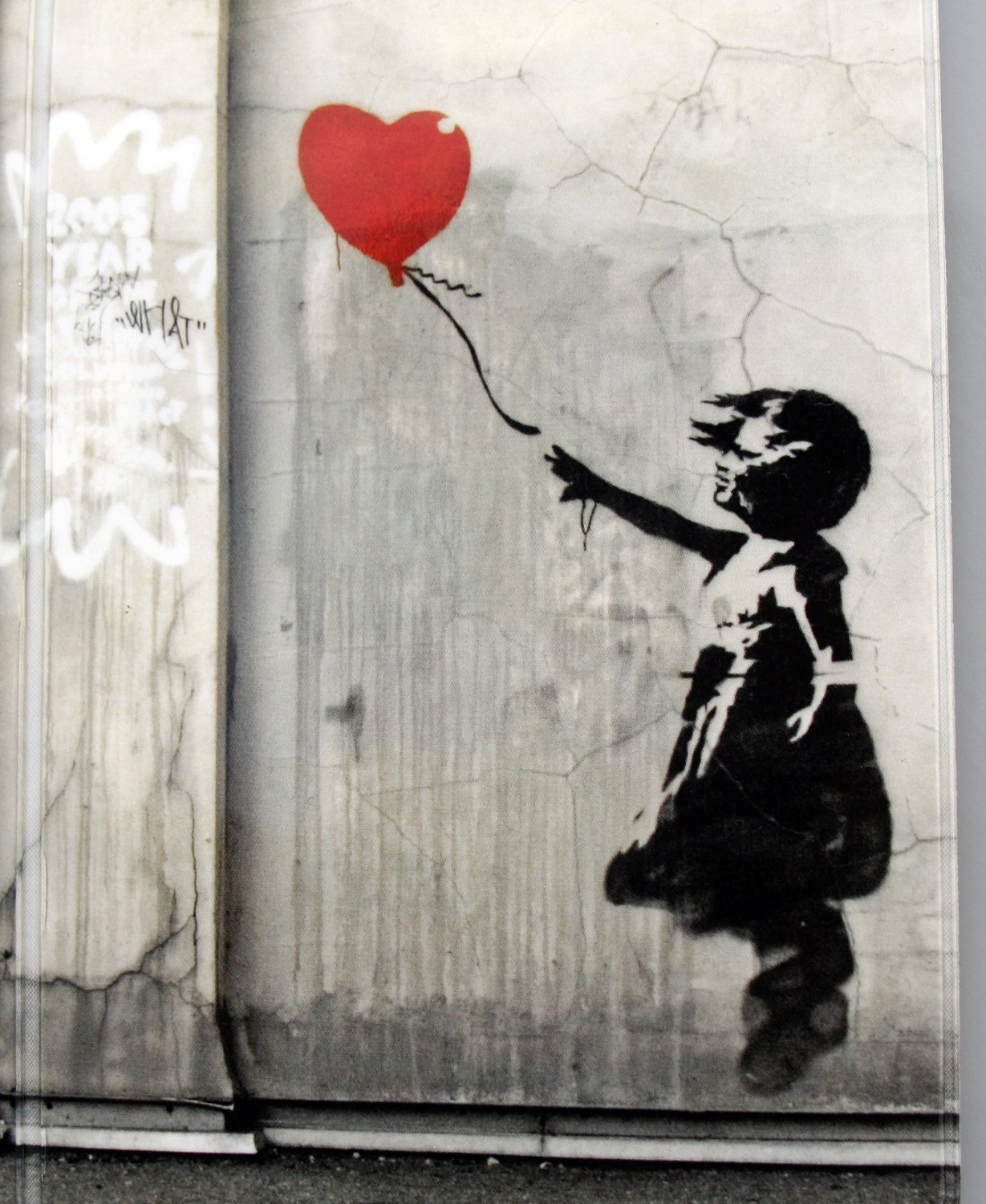This post is brought to us by Jennifer! If you missed her interview with Lacuna Loft, you can find it here! You can find all of her posts here.
I think the worst day of my life was the day my husband and I chose to tell our young boys about my cancer diagnosis. We both knew we had to tell them sooner rather than later. Things move fast in a household turned upside down when cancer barges in. I had already been home from work for a few days, recovering from a biopsy and then meeting my surgeon for the pathology reports and going for the seemingly endless tests that follow.
As is typical in my house – I don’t overthink anything. I go with my gut and jump in with both feet. I didn’t know the right way to say or do what I was about to do but I did know
three things were paramount in that moment:
*I didn’t want to scare my children.
*I wanted to be honest.
*I needed to make sure they got their information from my husband and myself before overhearing a conversation that may confuse or frighten them.
We sat them down and explained my diagnosis in age appropriate terms. At the time they were 9 and 11 years old.
“Mommy found something hard in her breast and when something happens to your body that doesn’t seem right you go to see the doctor and get it checked out. Most of the time it is nothing serious but this time it is. Mommy has cancer. I’m going to have an operation and then I will have to take medicine that may make me feel tired and sick. I may lose my hair. But I’ll still be your mom. I’ll still be able to help you with your homework as long as it’s not math. We’ll still be able to do the things we like to do. Go out for pizza. See a movie. Go to the beach. I just might look a little different and get tired a little quicker.”
My husband asked if they had any questions. We assured them that they could ask us anything and we promised to give them an answer. If we didn’t know the answer, we’d find out the answer. We’d ask the doctors.
My oldest son asked if my hair was going to grow back. That was an easy answer, “yes!”
My youngest asked if I was going to die. Ummmm. Shit! If one of them was going to ask that question I knew it was going to be him. My response? “I don’t plan on it. I’m going to do everything the doctors tell me to do.”
What else was I going to say?
I hate the answer, “Well, we are all going to die someday.” And I certainly couldn’t say “no” because that would be a lie. I didn’t know how this was going to work out. I had no idea if I was going to respond well to treatment. I had no idea if my cancer had spread.
They sat there quietly. There wasn’t much to say. If they cried it wasn’t in front of me and anyway I was crying enough for all of us so there’s that. It took me a long time to become that stoic unflappable cancer chick you see now.
Treatment ended and we moved forward together as a family. My boys have grown into wonderfully compassionate, kind young men that make my heart burst with awe and pride. When I got sick again they were teenagers. I didn’t tell them this time, my husband did.
He picked them up from school and he said the words I couldn’t imagine dumping on them again. By the time I got home from work they were there, eager to hold and hug me. Telling me I kicked its ass once and I’ll kick its ass again. Then one of them cracked a fart joke. The other laughed and within 5 minutes they had a disagreement about a video game which lead to a wrestling match in the family room.
At that moment I knew we were going to be okay. They have coping tools. They’ve learned to compartmentalize just like their mom. They understand it’s not all about the cancer. I’ve always refused to give the disease that much respect. I’ll accommodate and treat when necessary but I’m so much more than my rogue cells. I’m a mom. I’m a wife. I’m a badass survivor.



